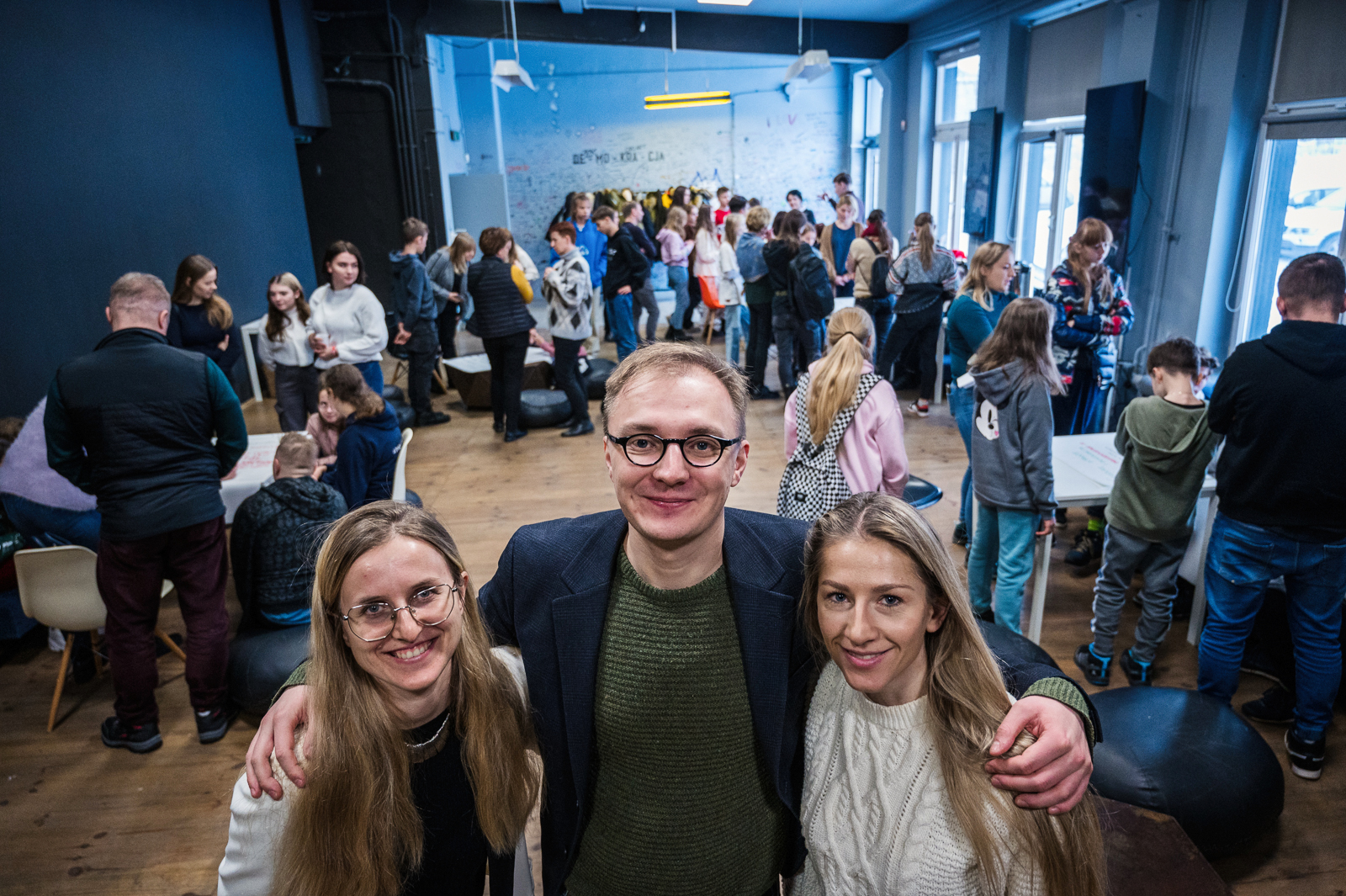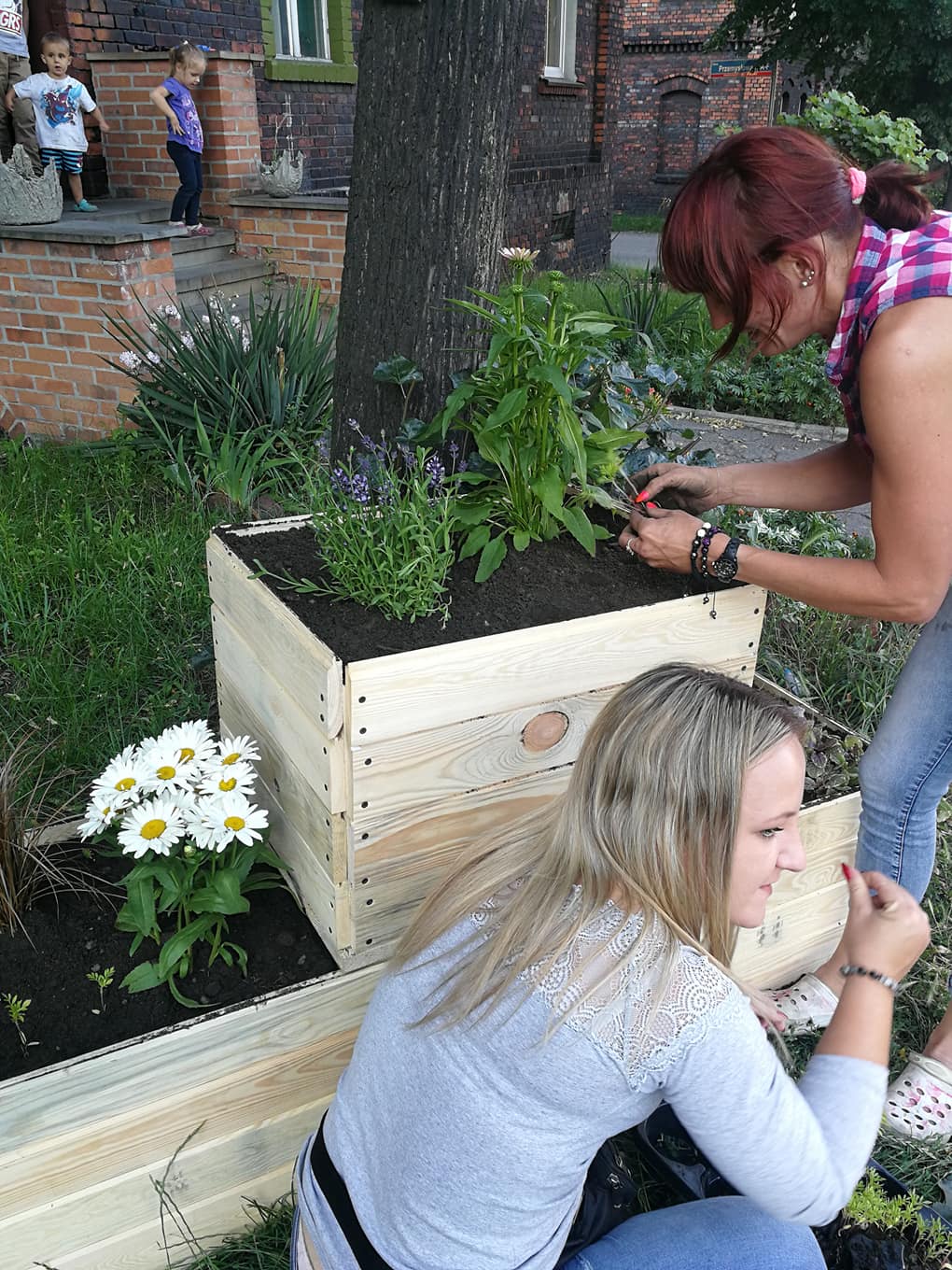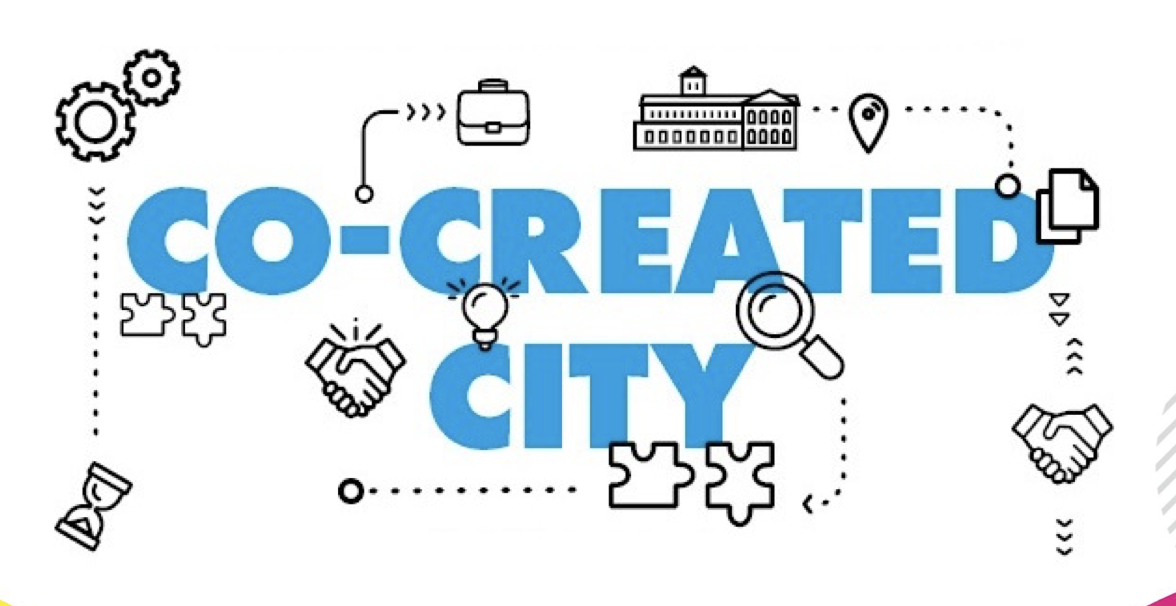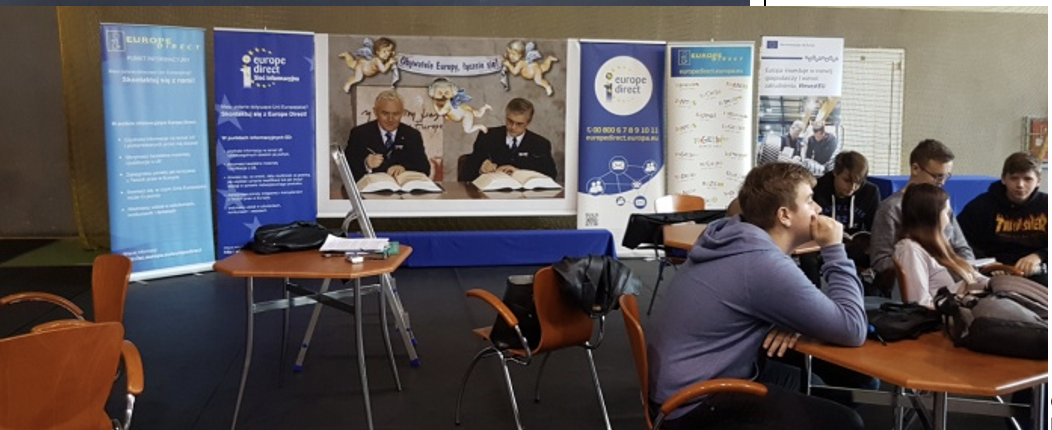
The School Participatory Budget is a democratic process in which selected educational institutions co-decide on the division of a budget allocated to them.
CO-DECIDING SCHOOL BUDGETS
The School Participatory Budget opens a space for conversation about the needs of the school community. Public primary and secondary schools, boarding, and special schools are invited to participate in this democratic process. The competition selects educational institutions who are ready to co-decide on the division of a budget allocated to them. The City of Lublin and NGOs support young learners and teaching staff through training and mentoring.
COOPERATION AND DELIBERATION
Everyone's training takes place together, thanks to which there is a process of getting to know each other, inter-school integration, exchange of experiences, inspirations, mutual support, and celebrating successes. Through this process, people get to know each other better, start cooperating in a different way, and learn how to create and combine projects, and how to deliberate and choose democratically. Each positive experience of co-deciding about the city helps build an informed, engaged civil society. Schools implementing the participatory school budget create a network of institutions that exchange experiences, helping each other.
ENHANCING CIVIC ENGAGEMENT
The School Participatory Budget contributes to: developing and promoting student self-government; increasing the sense of influence students have on school matters, inviting co-creation of the educational space; and, promoting civic participation in the City of Lublin. This has an impact on the entire city, both through new experiences of education and democracy at the school level, and through enhanced civic engagement. The relatively short period of time (5-6 months) from preparation to implementation increases the visibility of projects' effects, resulting in a greater sense of agency.



